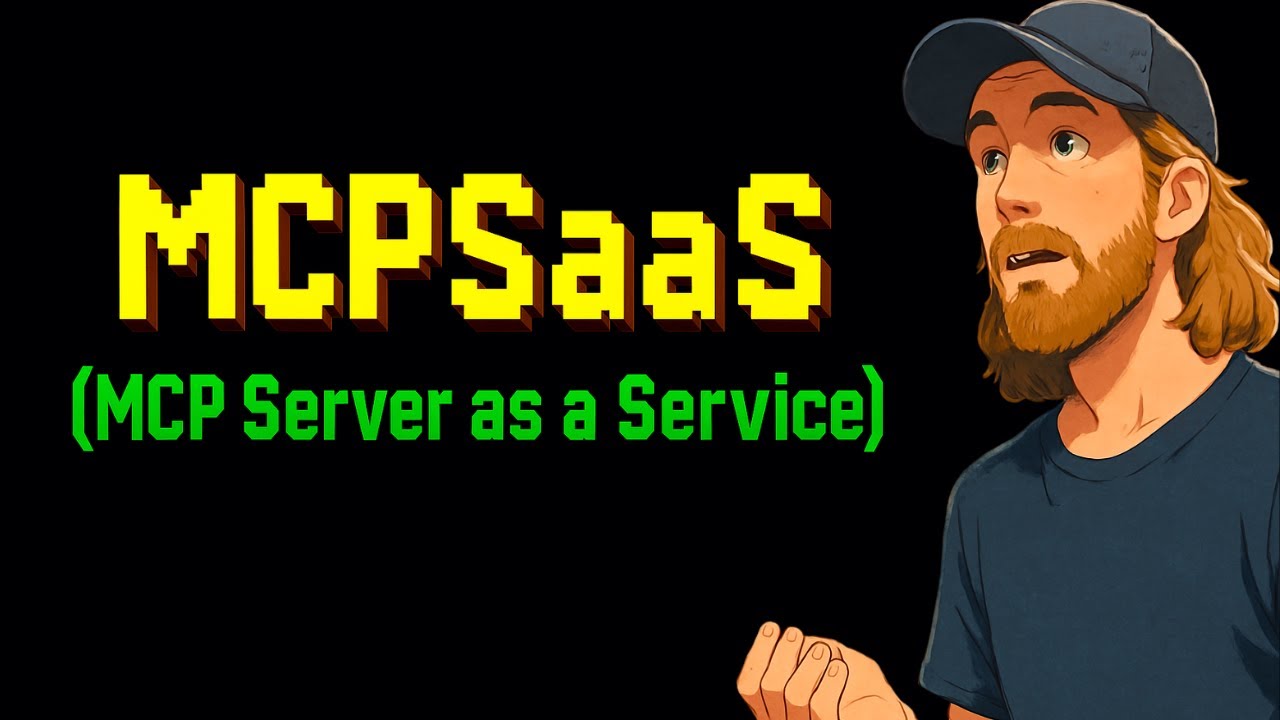The video introduces MCP (Microservice Cloud Platform) servers as a flexible way to create, deploy, and monetize small, specialized AI microservices, demonstrated through examples like image editing and voice transformation. It highlights how these tech-agnostic, modular services can be rapidly developed and integrated into a marketplace, opening new opportunities for innovation and revenue in AI applications.
The video explores the concept of using MCP (Microservice Cloud Platform) servers as microservices, allowing developers to create, sell, or rent out small, specialized services that perform specific tasks. The presenter demonstrates how these MCP microservices can be tech-agnostic, supporting languages like Python and JavaScript, and abstracting internal complexities through a defined MCP API. This approach contrasts with traditional microservices by emphasizing simplicity, modularity, and ease of deployment, making it possible to quickly develop and offer various AI-powered services.
The presenter provides practical examples of MCP microservices, such as background removal and image stylization, which are accessible via a cloud code interface. These services are triggered by simple commands, process images using hardcoded prompts, and return modified images. The demonstration highlights how easy it is to set up such services, showcasing their functionality and potential for rapid deployment. The idea is to create a marketplace of small, focused AI services that users can connect to and utilize for specific tasks, potentially opening new monetization avenues.
Building on this concept, the presenter proposes creating a voice transformation microservice. This service would record a user’s voice, transcribe it using OpenAI’s Whisper model, and then send the transcribed text to 11 Labs to generate a different voice. The process involves capturing audio, converting it to text, and then synthesizing a new voice, effectively allowing users to transform their speech into different voices. The presenter discusses gathering relevant documentation, setting up API keys, and coding the server logic to handle recording, transcription, and voice synthesis.
The demonstration continues with the actual development of this voice microservice within the MCP framework. The presenter shows how to register the service, connect API keys, and test the functionality by recording a message, selecting a target voice, and processing the audio through the system. The process involves multiple steps, including recording, transcribing, and transforming the voice, with the final output being a new MP3 file that can be played back. The example illustrates how such a microservice can be integrated into a broader AI ecosystem, enabling innovative applications like personalized voice cloning or AI-driven video editing.
In conclusion, the video emphasizes the potential of MCP microservices to democratize AI application development and deployment. The presenter envisions a future where small, specialized services can be easily created and monetized, forming a marketplace of AI tools that developers and startups can leverage. While uncertain about which services will truly take off, the presenter believes that paid MCP servers could become a significant trend, offering new opportunities for innovation and revenue generation in the AI space. The overall message encourages experimentation and creative thinking around microservices as a flexible, scalable way to harness AI capabilities.
